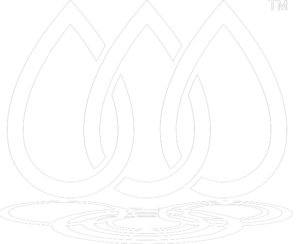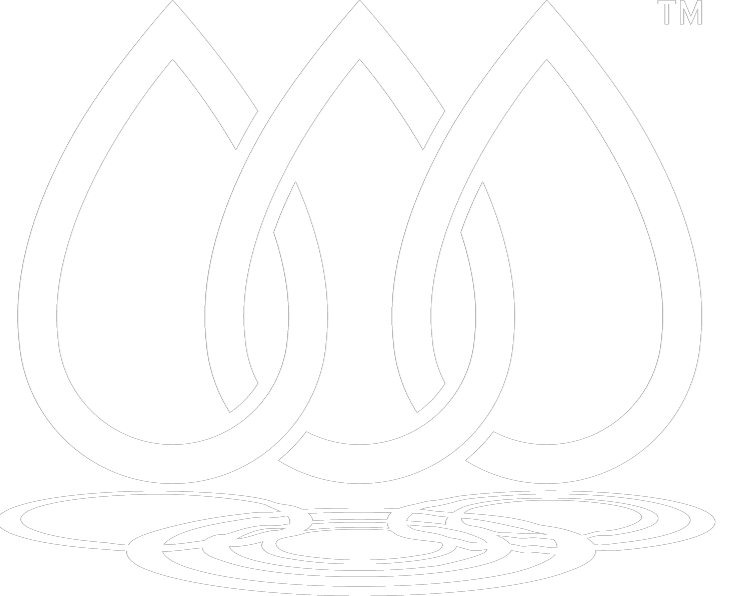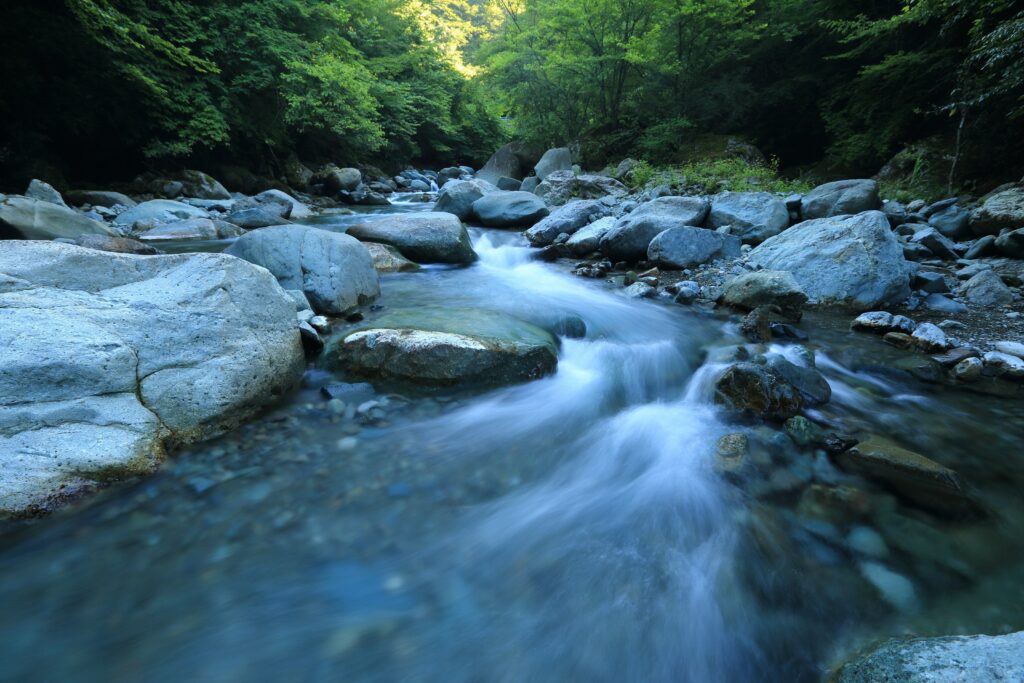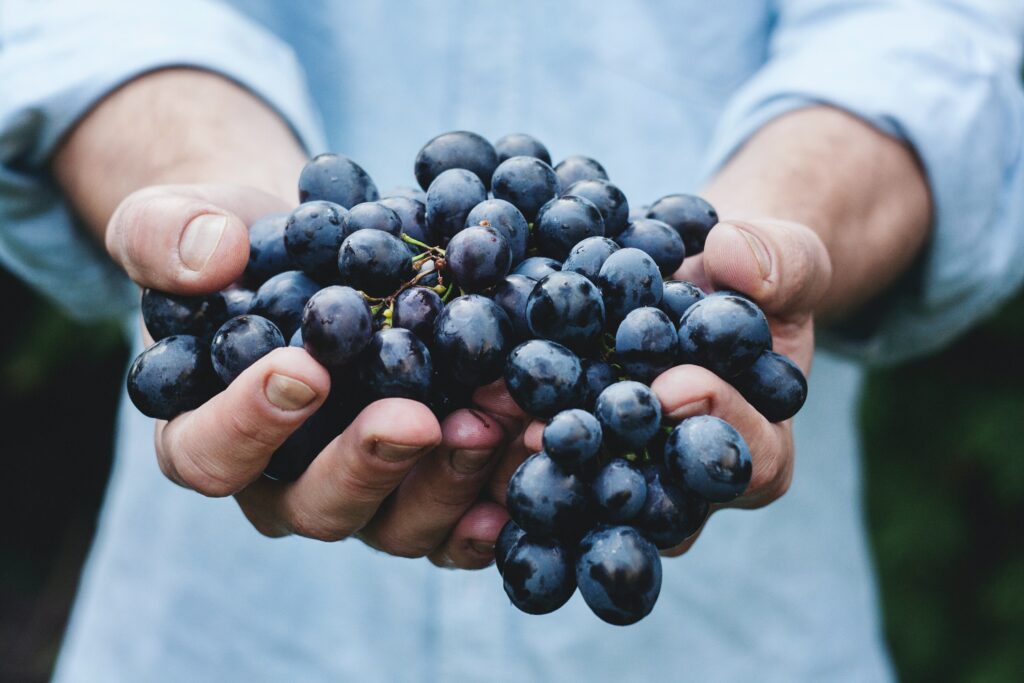“Every single day I have worked on water stewardship is an achievement for me since I have directly or indirectly contributed to bettering lives, even if it is at a small scale.”
Malavika Gopinath, Corporate Sustainability Specialist, ITC Ltd.

We spoke with Malavika Gopinath, a Corporate Sustainability Specialist at ITC Ltd. about her role, water stewardship, and what International Women’s Day means to her in 2022.
How would you describe your role?
I work as a corporate sustainability specialist in ITC which means that I work on understanding the company’s sustainability risks and opportunities- whether it’s on water, climate change, plastic waste management or any other material issue and try to address them with scientific solutions. I also oversee the company’s water stewardship journey with the Alliance for Water Stewardship (AWS).
If I am in the office (or working from home), I am generally reading articles, researching on sustainability issues, preparing documents for communication, or carrying out administrative tasks. If I am out in the field, I end up spending most of my time interacting with stakeholders, understanding how things are on the ground, what is working and not working, and what needs to be changed. Field days help me put the kind of work I do into perspective — it’s the balance between field work and office days which helps me make sense of our work on sustainability.
What drew you to working in water?
I wanted to work in the field of sustainability since I was eleven. I started working on sustainability during my bachelor’s degree in chemical engineering on a project related to drinking water quality. It made so much sense that I could work on something that can directly impact so many people and their lives. That project made me realise I wanted to align my sustainability journey on water security and agriculture.
What does Water Stewardship mean to you?
From a company’s standpoint – water stewardship is a way of responsibly using water, while ensuring equitable access and long-term security of all stakeholders in your catchment. I still consider myself to be at the learning phase of my water stewardship journey. I still have a long way to go, but I am confident that it will be a wonderful experience.
How have you found working with the Alliance for Water Stewardship (AWS) and the AWS Standard?
I initially found the AWS Standard a little intimidating to work with – but once I got past the initial apprehension and started looking at it from the eyes of an implementor, things started making sense. I like that the Standard works for every possible geography, addresses every kind of stakeholder and their concerns, and is not restrictive in terms of what should be done and what should not be done. Instead, it focuses on being on the right journey with regards to water stewardship.
What achievement are you most proud of when it comes to water?
Every single day I have worked on water stewardship is an achievement for me since I have directly or indirectly contributed to bettering lives, even if it is at a small scale. However, obtaining the AWS Platinum Certification for our PSPD Kovai site, the very first in India, was definitely a proud moment.
What does International Women’s Day (IWD) mean to you?
I believe that every day should be Women’s Day. Celebrating women as what they are – irrespective of whether they are ambitious and career driven or as a homemaker or a small business owner or an artist – instead of expecting them to be a certain way due to societal expectations. We should be empowering women to explore their own dreams and chart their own journeys without judgement.
IWD 2022 asks us to: “Celebrate Women’s Achievement. Raise awareness against bias. Take action for equality.” Have there been any instances where you have had to overcome gender bias in your role, or support others to do so?
There have been too many instances to recount. The most common one being that I have often felt my voice is not being heard in male dominated meeting rooms. These situations used to give me severe impostor syndrome, which took me awhile to overcome. Therefore, when I find young girls that are struggling with this issue, I tell them people may speak a lot or speak louder than you, but that does not necessarily mean that what they are saying is right or they know more or better. If you have conviction in your thoughts, make yourself heard.




